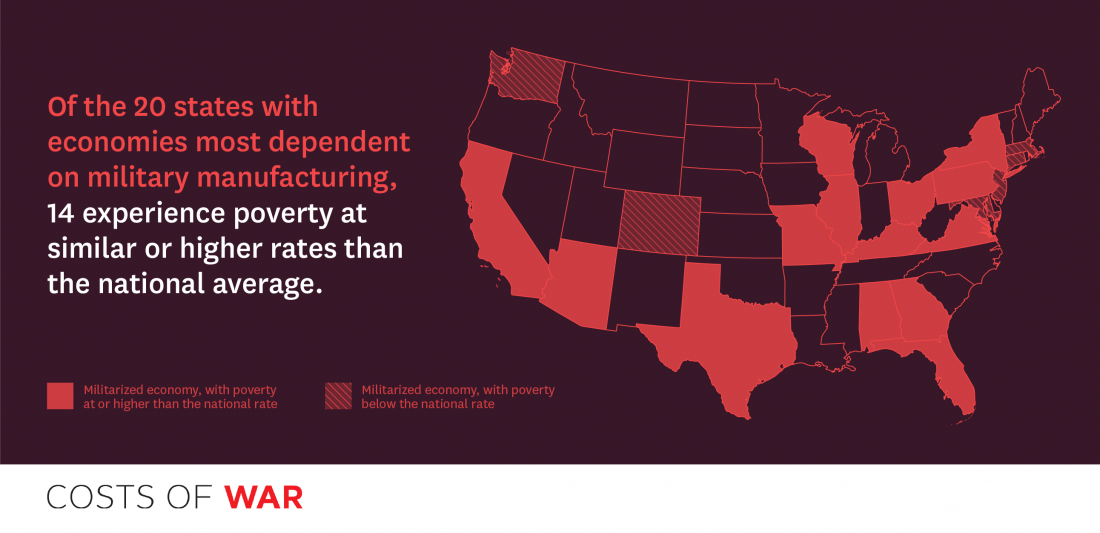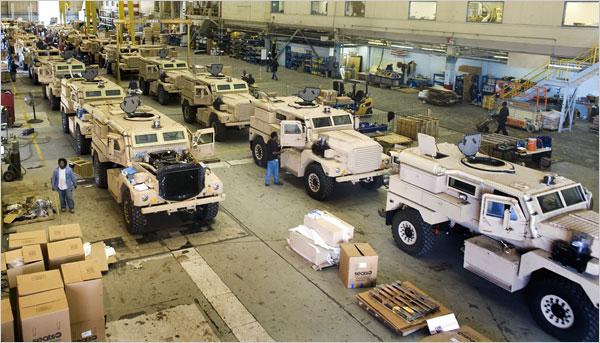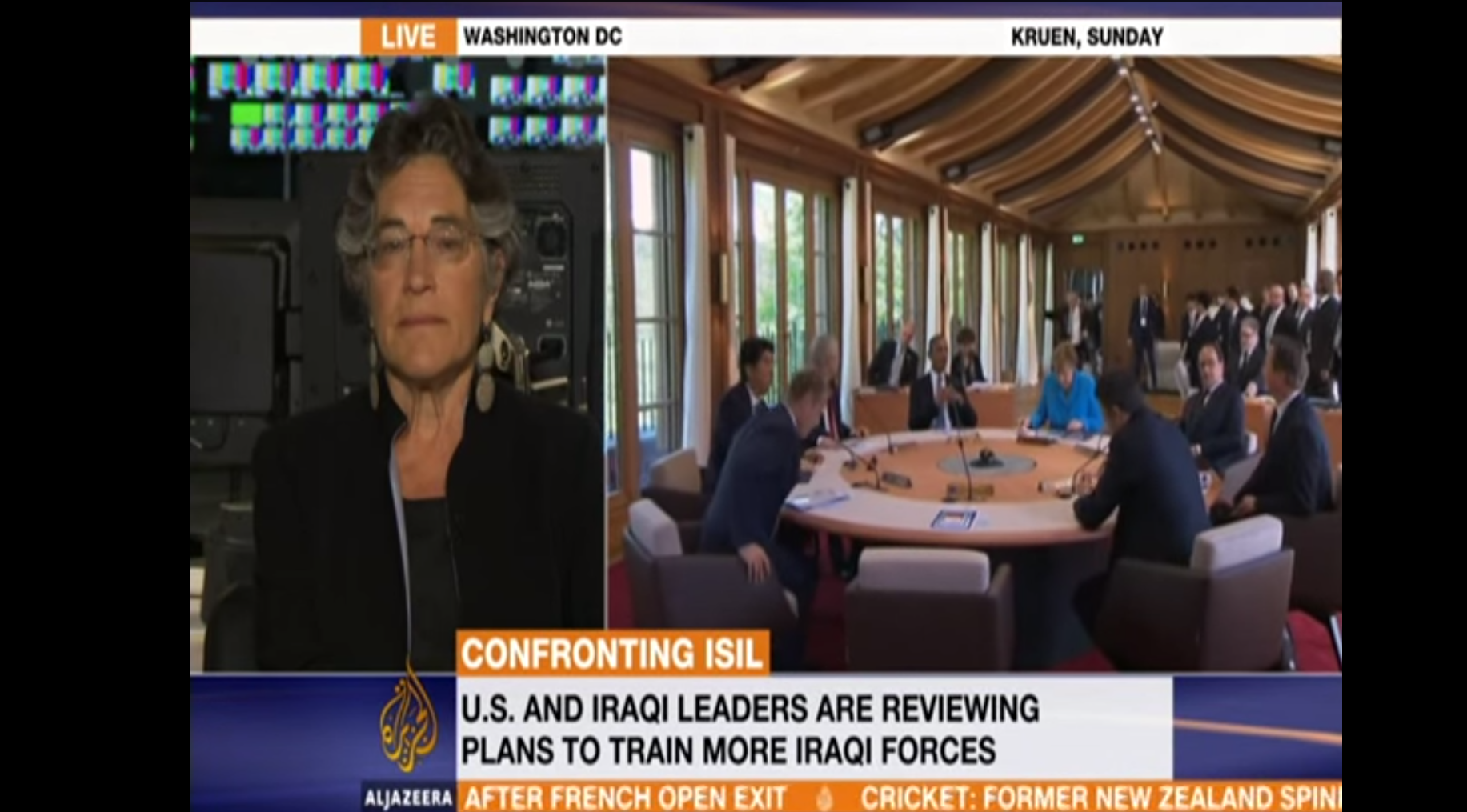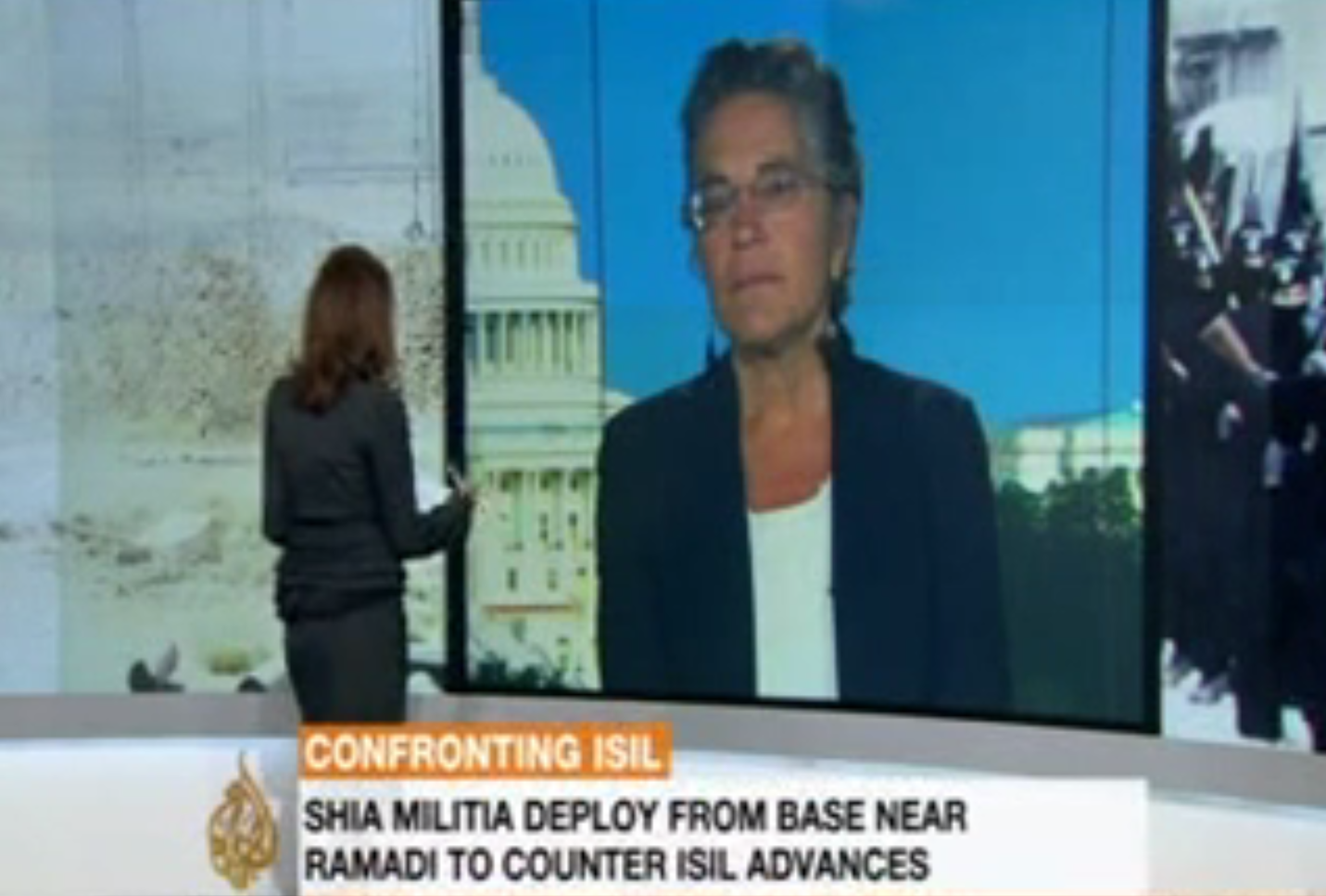
The War Will Further Militarize the U.S. Economy
Support for Ukraine doesn’t mean grossly inflating the military budget.

Support for Ukraine doesn’t mean grossly inflating the military budget.

In a new analysis for Costs of War, IPS Associate Fellow Miriam Pemberton lays out a case for a transition from a militarized to a decarbonized economy.

“If we want to begin making our communities safer from gun violence, the first step must be to invest in ourselves, because lord knows the police won’t save us.”

Miriam Pemberton, Associate Fellow at the Instutite for Policy Studies, will examine how the U.S. militarized economy was created, where we are now, and how to change course.

Why the latest increase in military presence by the U.S. in the region is doomed to fail

Decades of U.S. support for military action by Iraqi governments increase sectarian divide and causes further devastation in the Middle East.

An IPS analysis, commentary and statement of solidarity exposing how America has invested heavily in foreign as well as domestic militarization while disinvesting in public welfare and security.

This edited volume reveals how a permanent war economy has made the United States unable to spread democracy abroad and has worsened domestic problems.
When George W. Bush left the White House, the rest of the world breathed a sigh of relief.
Obama administration must overhaul U.S. policy toward Africa.
Let’s pretend that we’ve simply gotten off on the wrong foot with this century.
As Bush’s days in office wind down, the ultimate lame duck and his circle of sycophants begin to look towards securing his legacy.
Zionist ideology — the notion that redemption comes through the settlement of land — is powerful. It’s the heart of the settler state’s mythology, in Israel as in the United States.
With the new Africa Command, the United States is increasing its military footprint on an energy-rich continent.
The Bush administration is continuing its militarization of U.S.-African relations this year.